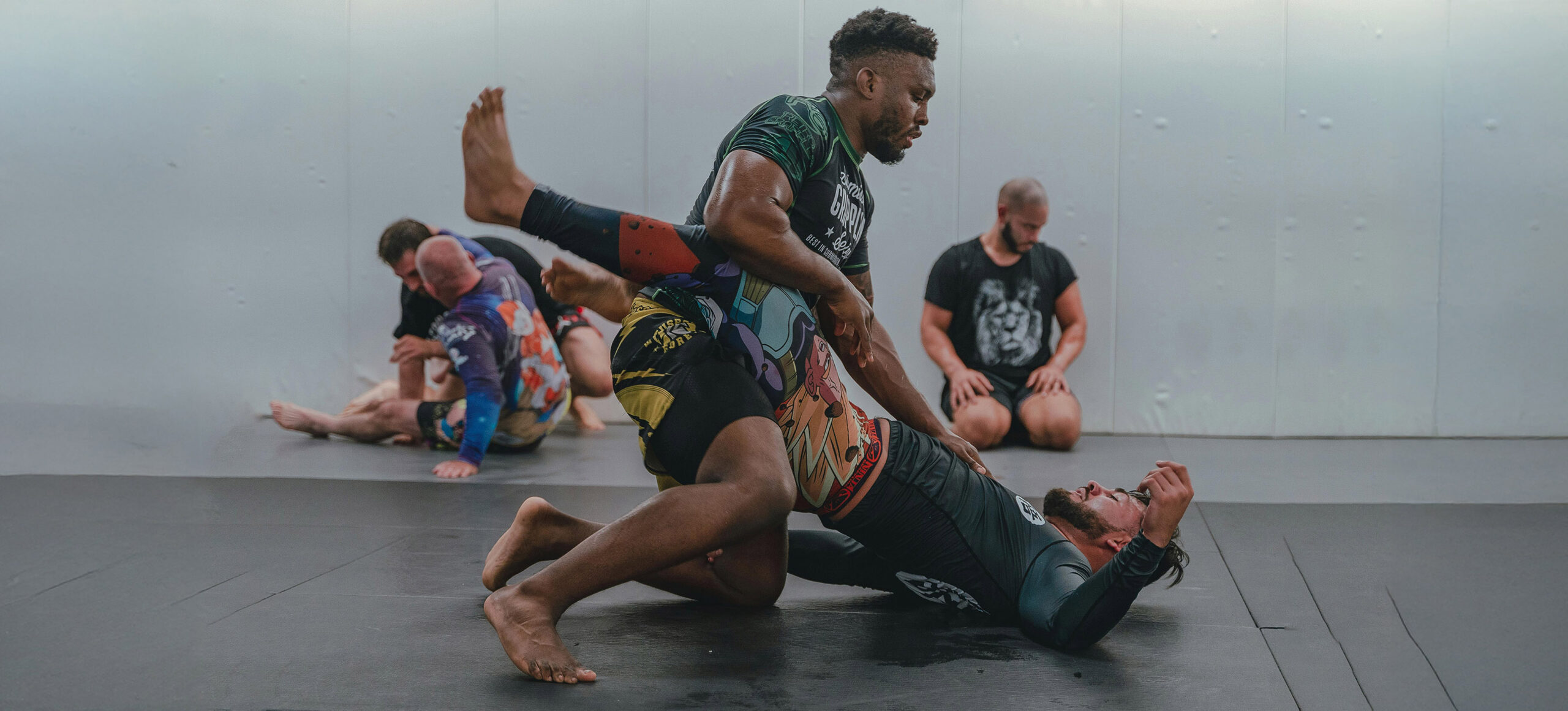
Understanding the Differences and Choosing What’s Best for You
When it comes to self-defense and martial arts, Krav Maga and Brazilian Jiu-Jitsu (BJJ) stand out for their effectiveness and popularity. While both offer unique approaches to self-defense, understanding their differences can help you choose the one that aligns best with your goals. Let’s dive into what sets them apart, their similarities, and ultimately, which might be better for you.
What’s Different?
Origin and Philosophy:
- Krav Maga originated in Israel, developed for military self-defense and combat situations. It focuses on real-world scenarios, emphasizing quick neutralization of threats through aggressive and intuitive responses.
- BJJ originated in Brazil, evolving from Japanese Jujutsu. It emphasizes ground fighting and submission techniques, with the philosophy that a smaller, weaker person can successfully defend against a bigger, stronger assailant using leverage and proper technique.
Techniques and Focus:
- Krav Maga incorporates striking, grappling, and weapons defense, preparing students for various types of assaults. It teaches situational awareness to prevent confrontations and aggressive tactics for neutralizing threats quickly.
- BJJ focuses on ground fighting, with techniques centered around submissions such as locks and chokes. It trains practitioners to control opponents, force submissions, or defend against attacks on the ground.
Training Environment:
- Krav Maga training simulates real-life situations, including dealing with multiple attackers and weapon threats. It often involves high-intensity, scenario-based drills to prepare students for unpredictable situations.
- BJJ training occurs in a more controlled environment, typically on mats, with a focus on technique, sparring (rolling), and competitions. The sport aspect of BJJ is significant, with rules and points guiding competitions.
What’s the Same?
Despite their differences, Krav Maga and BJJ share some common ground:
- Self-Defense: Both are effective self-defense systems, although their approaches differ.
- Physical Fitness: Each offers a comprehensive workout that improves strength, endurance, flexibility, and mental toughness.
- Community: Practitioners of both martial arts often speak of the strong sense of community and camaraderie found within their training groups.
Which is Better?
The question of which is better—Krav Maga or BJJ—depends on your personal goals, interests, and the specific situations you wish to prepare for. Consider the following:
- If your primary interest is in practical, street-oriented self-defense that prepares you for a variety of scenarios, including weapons defense, Krav Maga might be more suitable.
- If you’re drawn to the technical aspects of martial arts, enjoy ground fighting, or are interested in competing, BJJ could be a better fit.
Both Krav Maga and BJJ offer valuable skills, physical fitness benefits, and the opportunity to be part of a supportive community. Your choice should depend on your personal defense goals, fitness interests, and the type of combat philosophy that resonates with you. Whichever path you choose, you’ll embark on a rewarding journey of self-improvement and empowerment.
Ready to Start Training?